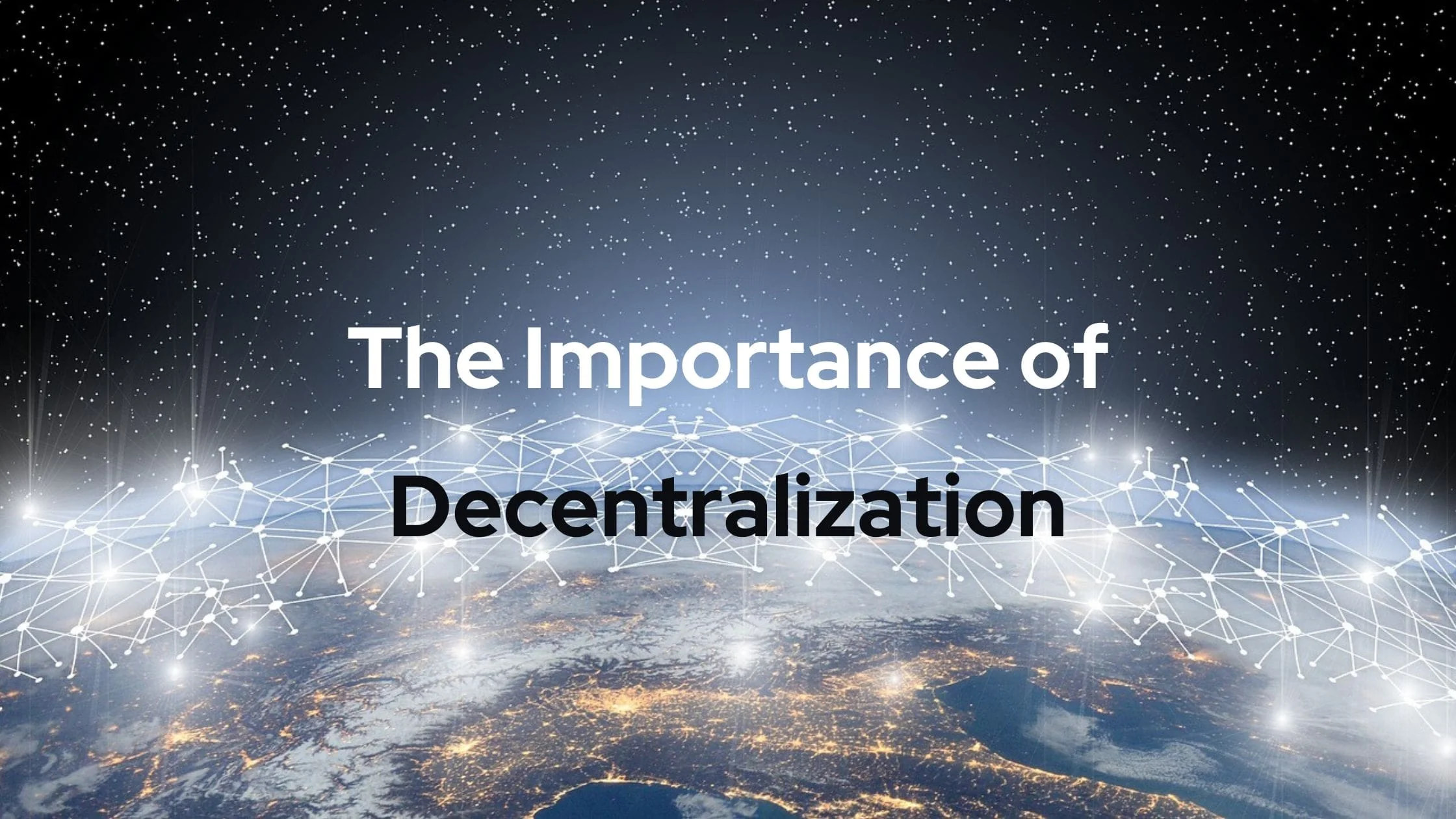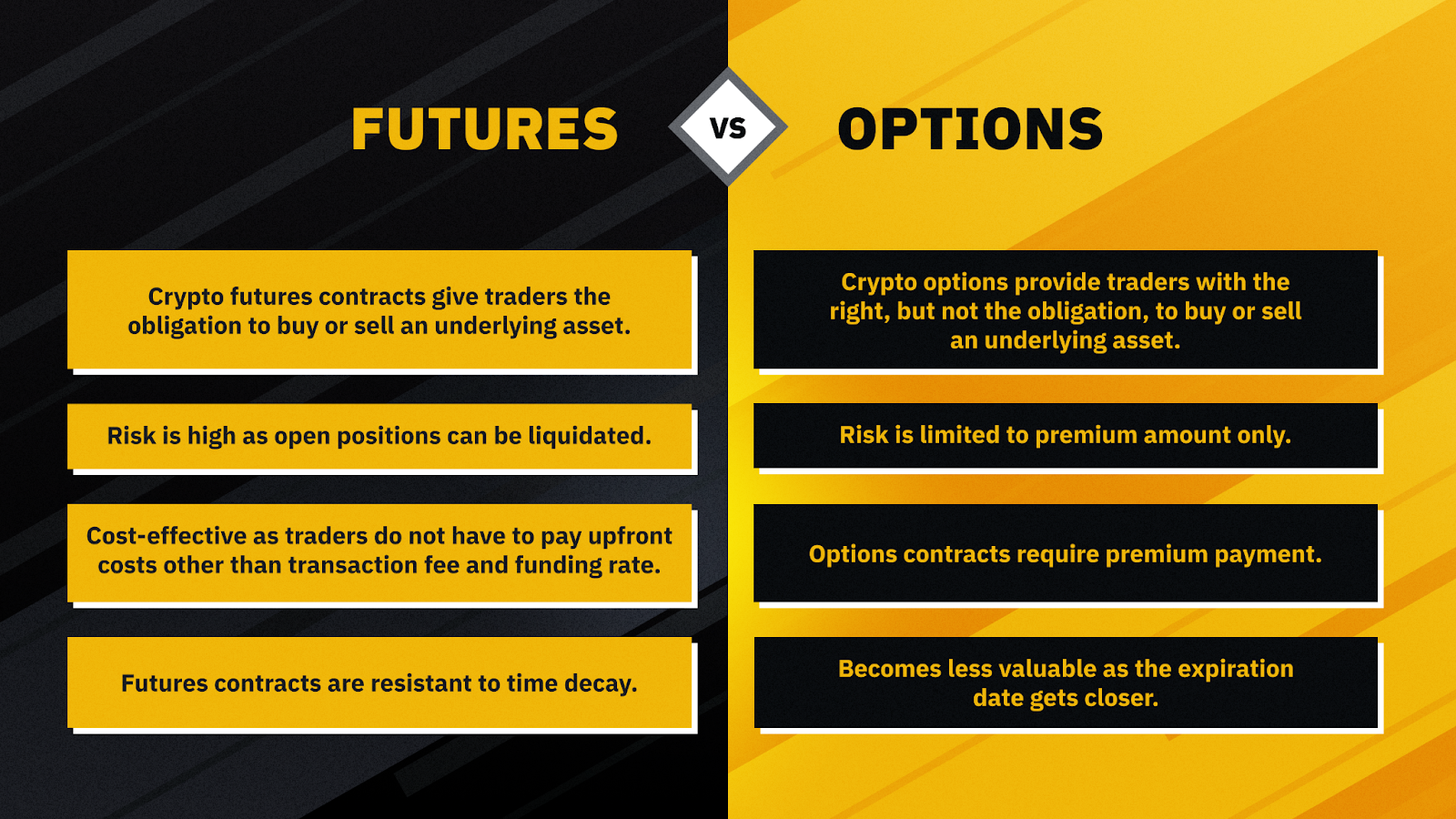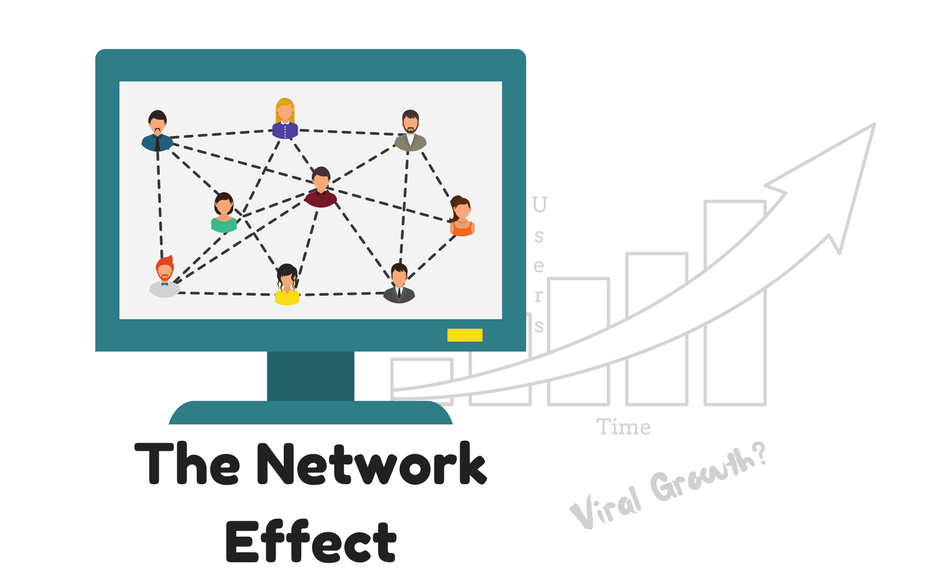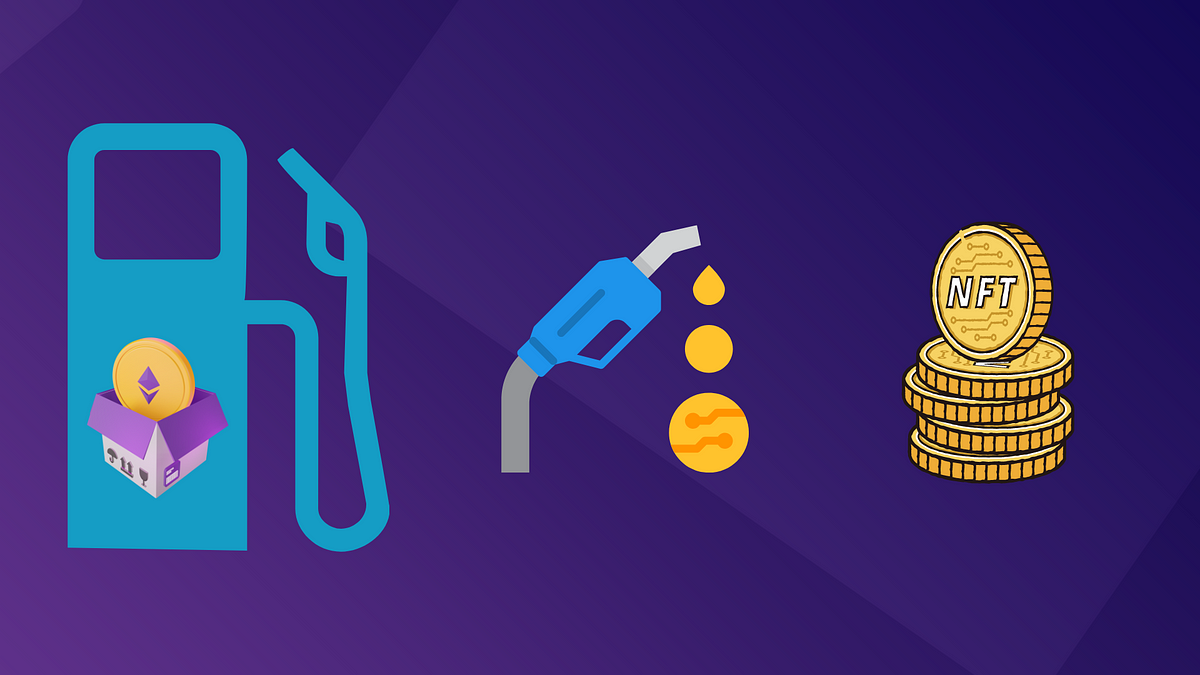The Importance of Decentralization: Empowering the Future of Technology and Finance
In a world increasingly driven by digital innovation, decentralization has emerged as a key pillar reshaping how systems, institutions, and individuals operate. Whether you’re discussing cryptocurrencies, cloud computing, governance, or social media, decentralization represents a shift away from centralized control toward more transparent, secure, and user-empowered networks.
But what does decentralization really mean, and why is it so important? In this comprehensive article, we’ll explore the core concept, its benefits, real-world applications, and why it’s at the heart of the Web3 revolution.
What is Decentralization?
At its core, decentralization refers to the distribution of control and authority across a network rather than being concentrated in a single entity. In traditional systems, central authorities (governments, banks, corporations) manage operations, data, or decision-making. In decentralized systems, these powers are distributed among network participants.
In technical terms, a decentralized system has no single point of failure or control — all nodes or users participate in consensus, decision-making, or data validation.
Why is Decentralization Important?
1. Enhanced Security and Resilience
Centralized systems are vulnerable:
- A single point of attack can cripple an entire system (e.g., hacking a central server).
- If the central entity fails or is compromised, users can lose access to funds, data, or services.
Decentralized systems, especially blockchain networks like Bitcoin and Ethereum, mitigate this risk:
- Thousands of nodes maintain identical copies of data;
- Hacking one node does not affect the rest;
- Consensus protocols ensure only valid changes are accepted.
This resilience is critical in industries like finance, health, and identity management.
2. Trustless Interactions
In centralized systems, users must trust intermediaries (banks, platforms, governments). If the intermediary misbehaves or gets corrupted, users suffer.
Decentralization allows for trustless systems, meaning:
- Users don’t need to trust a third party;
- Instead, they trust code, cryptography, and network consensus;
- Smart contracts on blockchains automate interactions transparently.
This opens up global financial access without reliance on banks, governments, or borders.
3. Censorship Resistance
Decentralized systems are censorship-resistant by design. In centralized platforms (e.g., Facebook, PayPal), authorities can:
- Ban accounts;
- Remove content;
- Freeze assets.
In decentralized alternatives:
- No central party can unilaterally control or restrict participation;
- Content and transactions are immutable and globally accessible.
This is especially important in authoritarian regimes or areas where freedom of speech and financial freedom are restricted.
4. Greater Transparency
Blockchains are decentralized ledgers where all transactions are public, auditable, and traceable. Anyone can view:
- Token transfers;
- Smart contract execution;
- Network metrics.
This level of transparency builds accountability in finance, supply chains, charity donations, voting systems, and more.
5. Empowerment of Individuals
Decentralization shifts power from institutions to individuals:
- You own your data, digital assets, and identity;
- You can participate in governance via DAOs (Decentralized Autonomous Organizations);
- You are not reliant on middlemen or corporations.
This user empowerment is a cornerstone of Web3, where the internet evolves from information-sharing (Web1) and platform centralization (Web2) to user-ownership and participation (Web3).
6. Economic Inclusion and Accessibility
Billions of people globally are unbanked or underbanked, lacking access to traditional financial services.
Decentralized finance (DeFi) offers:
- Borderless lending, borrowing, and trading;
- Low entry barriers;
- No need for credit scores or government IDs.
It’s transforming how people save, invest, and participate in the global economy — all from a mobile device.
Decentralization in Real-World Applications
A. Cryptocurrencies
Bitcoin was the first truly decentralized currency:
- No central bank controls supply;
- No government can shut it down;
- Users send peer-to-peer payments without intermediaries.
Ethereum took decentralization further with programmable smart contracts.
B. DeFi (Decentralized Finance)
DeFi platforms like Uniswap, Aave, and Compound:
- Operate without centralized banks;
- Let users swap tokens, earn interest, or borrow assets;
- Are governed by decentralized protocols.
Billions of dollars flow through these systems daily — without a CEO or company running them.
C. DAOs (Decentralized Governance)
DAOs allow communities to govern protocols, funds, and decisions collectively. Token holders vote on:
- Protocol upgrades;
- Treasury management;
- Ecosystem partnerships.
DAOs exemplify decentralized democracy — open, transparent, and participatory.
D. Decentralized Storage & Web Services
Projects like IPFS, Filecoin, and Arweave offer:
- Decentralized data hosting;
- Permanent content archiving;
- Censorship-resistant publishing.
They are building the decentralized internet — not hosted on AWS or Google, but across thousands of nodes worldwide.
Challenges of Decentralization
Despite its benefits, decentralization isn’t without limitations:
1. Scalability Issues
- Distributed networks can be slower than centralized ones;
- Ethereum’s congestion and gas fees are good examples;
- Solutions include Layer 2 protocols and sharding.
2. User Experience
- Private keys, wallets, and gas fees confuse new users;
- Decentralized apps (dApps) must improve accessibility.
3. Governance Risks
- DAOs may suffer from low voter participation;
- Power can still concentrate in whales (large token holders).
4. Regulation and Legal Gray Areas
- Many decentralized platforms challenge traditional legal frameworks;
- Governments are still figuring out how to regulate DeFi and DAOs.
The Future of Decentralization
Decentralization is still in its early stages. Over the next decade, we can expect:
- More user-friendly dApps;
- Cross-chain interoperability between blockchains;
- Decentralized identity (DID) frameworks;
- Wider adoption in industries like supply chain, healthcare, voting, and media.
Governments, too, are exploring central bank digital currencies (CBDCs) — although they are centralized, the public may push for hybrid or decentralized alternatives.
Conclusion: Why Decentralization Matters
Decentralization is more than a buzzword — it’s a paradigm shift. It breaks down centralized monopolies, reduces censorship, increases resilience, and gives individuals more control over their assets, data, and decisions.
As blockchain, crypto, and Web3 continue to grow, decentralization will be the cornerstone of innovation and freedom in the digital age. Whether you’re an investor, developer, or just a curious user, understanding and embracing decentralization means becoming part of a movement that values freedom, transparency, and equality in the digital world.




